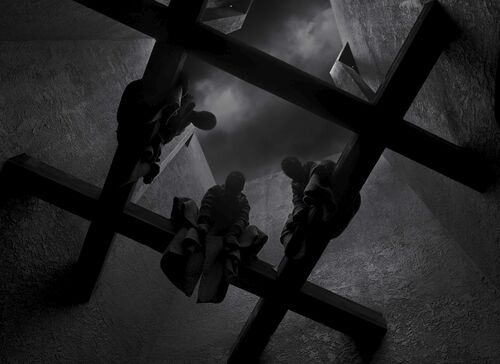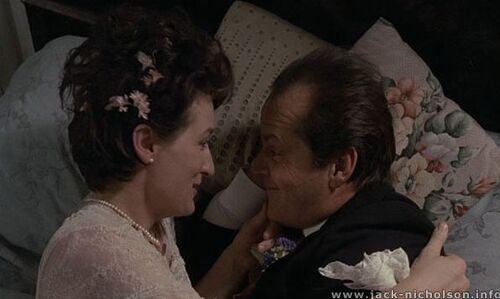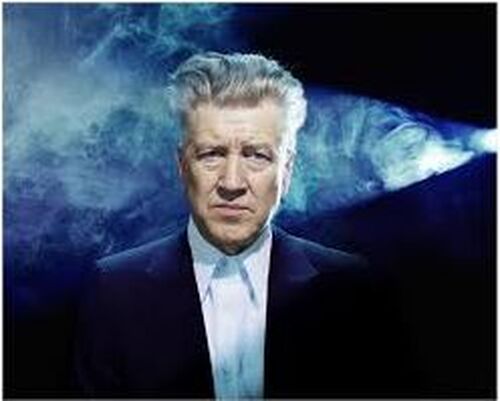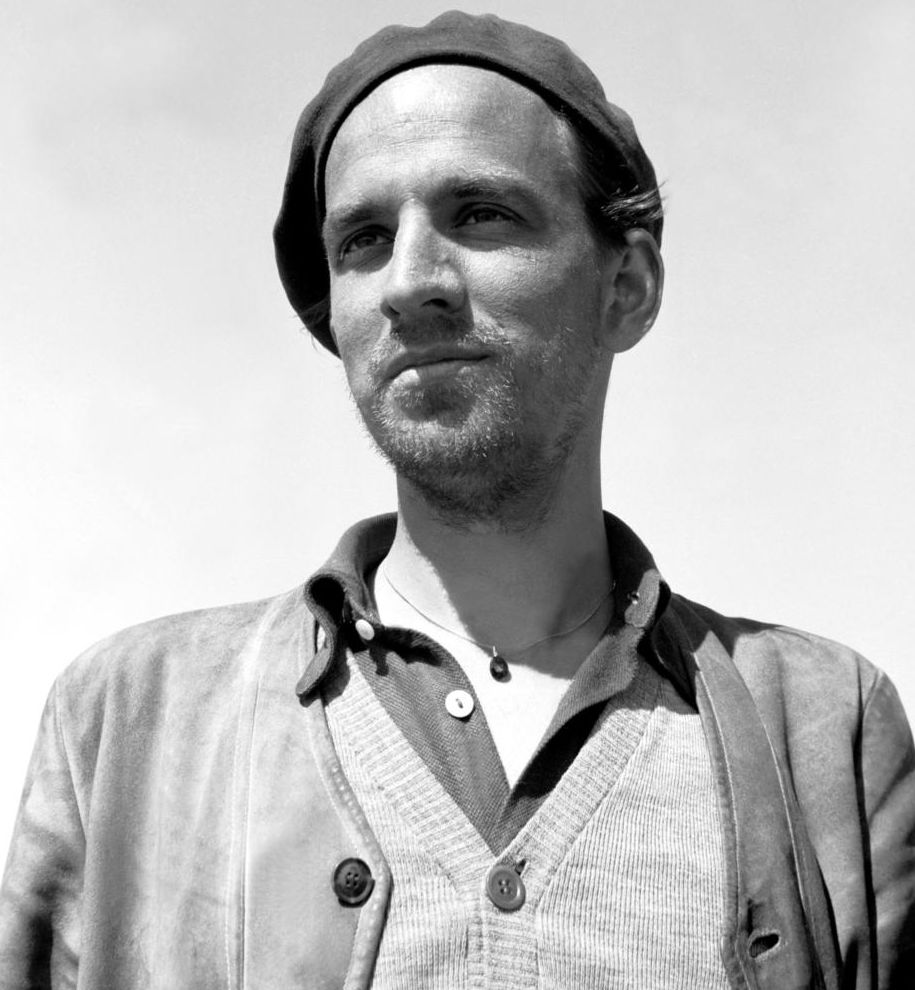
SeptemBergman: The Passion of Anna
 The Passion of Anna, my ninth entry in #SeptemBergman, marked my first time seeing an Ingmar Bergman film in color. Released in 1969, The Passion of Anna explores isolation and tragedy in a humanistic way like only Ingmar Bergman could do. The deeply personal nature Bergman applies to the study of his characters is fascinating and provides a depth I have scarcely seen in other filmmaker's output. Starring Bergman regulars Max von Sydow and Liv Ullmann, The Passion of Anna is a gamble in a deconstructionist narrative that hits the jackpot.
The Passion of Anna, my ninth entry in #SeptemBergman, marked my first time seeing an Ingmar Bergman film in color. Released in 1969, The Passion of Anna explores isolation and tragedy in a humanistic way like only Ingmar Bergman could do. The deeply personal nature Bergman applies to the study of his characters is fascinating and provides a depth I have scarcely seen in other filmmaker's output. Starring Bergman regulars Max von Sydow and Liv Ullmann, The Passion of Anna is a gamble in a deconstructionist narrative that hits the jackpot.
Andreas Winkelman (Max von Sydow) lives in a perpetual state of isolation and emotional distance. Recovering still from the disintegration of his own marriage, Andreas lives apart from the rest of the world, secluded, just how he likes things. One day a troubled woman, Anna Fromm (Liv Ullmann) asks to use his phone, a request which Andreas complies with. Overhearing her conversation, Andreas becomes interested in the young woman's life. When she accidentally leaves her handbag behind, Andreas takes it back to her home where he is invited in. Anna lives with a married couple, Elis Vergérus (Erland Josephson) and Eva Vergérus (Bibi Andersson) a married couple struggling with their own marital issues. Psychological struggles rule the Vergérus home, where Anna is struggling to overcome the deaths of her husband and son who recently passed away. Anna is committed to finding the truth; steadfastly Kantian, Anna has a one-dimensional idea of truth in the world. Despite her night terrors where she calls out for her deceased husband, who shares the name Andreas, she begins a relationship with Andreas Winkelman. Andreas is unable to fully commit to Anna, seeking to maintain his emotional independence and seclusion. The four of them become psychologically linked to one another as they explore the depth of human emotion and experience.
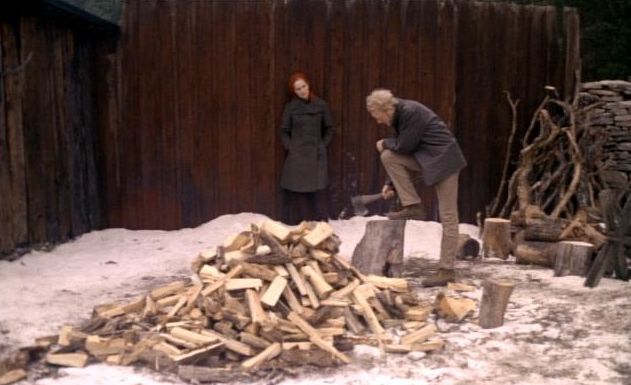
I recently discovered Krzysztof Kieślowski, a deeply psychological and philosophical filmmaker who I couldn't stop thinking about while watching The Passion of Anna. There were so many similarities to Kieślowski's Three Colors Trilogy. The extreme close-ups of the faces and the examination of consciousness both of the films explore mirror each other, from a technical standpoint. What the two films also share is a willingness from their respective directors to explore larger than life themes through one or two characters creating an intensely relatable experience for the audience.
Bergman is a master at filming human emotion. I never knew I could feel so much watching a bucket fall over. The sense of futility yet desperation Bergman captures through Max von Sydow attempting to repair his roof is a stroke of brilliance from the humanist director. I made the mistake during my Woody Allen retrospective on not commenting on aspects as they happen, which led to a few of them getting lost in the weeds, so I will take the opportunity now to highlight Max von Sydow. About von Sydow Bergman wrote: "He controls his demons with the utmost degree of discipline; never allowing them to roam free in his private life, only unleashing them on stage." This characteristic of Max von Sydow was obviously attractive to Bergman and the worlds he often created in his films. The brooding, constantly thinking lead characters have been executed perfectly by Max von Sydow in the Bergman films I've seen him in.
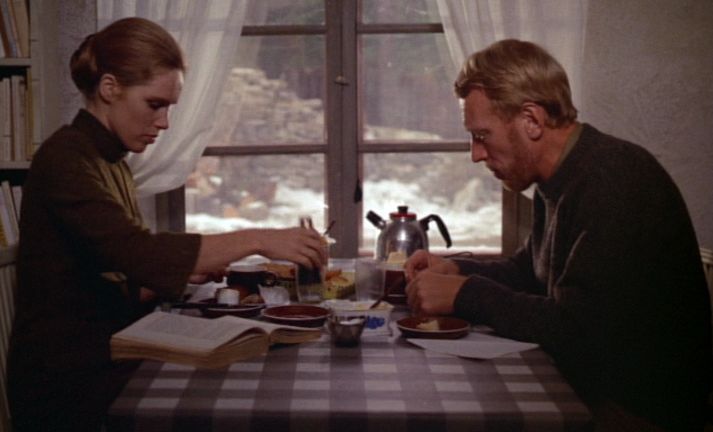
There is one more element it would be remiss of me not to mention. Ingmar Bergman is clearly a cerebral filmmaker, who does not shy away from philosophical exploration in his films. In The Passion of Anna, it is clear to see the deconstruction philosophy at work through the narrative. The plot is literally deconstructed as the actors speak, as themselves, of the motivations for the characters they are playing. It's an incredible yet jarring experience. Breaking the film "screen" to bring about a documentary-like bit of footage was a daring choice for Ingmar Bergman. Openly revealing the deceit of all involved, the audience is reminded that these are characters being played, in an almost magical way to provide insights into the plot of the film while still allowing the audience enough control to arrive at the expected destination on their own. The layer of intensity these interviews provided, intertwined with the onscreen exploration was astounding and one that would be almost impossible to repeat. I suppose directorial decisions like this is part of the reason why cinema is not likely to get another Ingmar Bergman.
